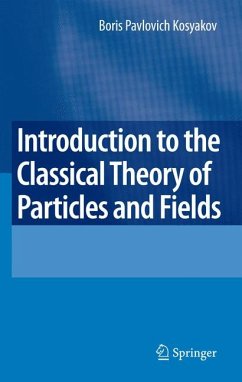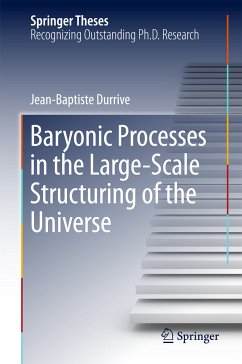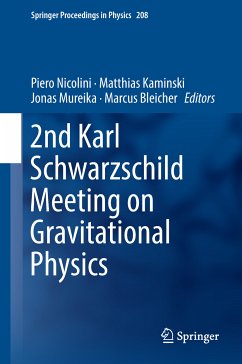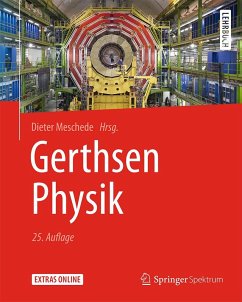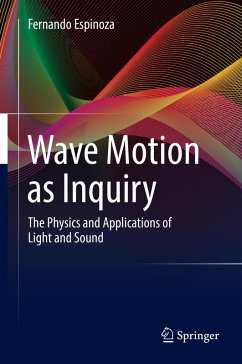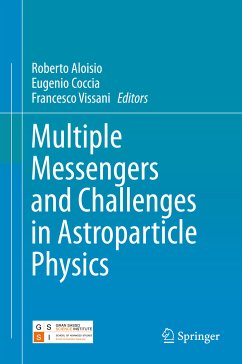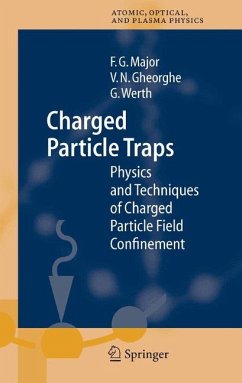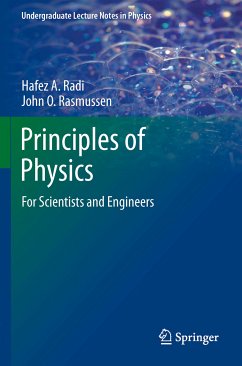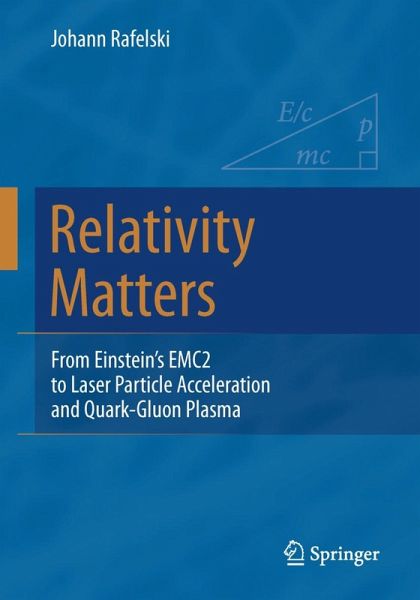
Relativity Matters (eBook, PDF)
From Einstein's EMC2 to Laser Particle Acceleration and Quark-Gluon Plasma
Versandkostenfrei!
Sofort per Download lieferbar
64,95 €
inkl. MwSt.
Weitere Ausgaben:

PAYBACK Punkte
32 °P sammeln!
Rafelski presents Special Relativity in a language deemed accessible to students without any topical preparation - avoiding the burden of geometry, tensor calculus, and space-time symmetries - and yet advancing in highly contemporary context all the way to research frontiers. Special Relativity is presented such that nothing remains a paradox or just apparent, but rather is explained.A text of similar character, content, and scope, has not been available before. This textbook describes Special Relativity when rigid material bodies are introduced describing the reality of body contraction; it s...
Rafelski presents Special Relativity in a language deemed accessible to students without any topical preparation - avoiding the burden of geometry, tensor calculus, and space-time symmetries - and yet advancing in highly contemporary context all the way to research frontiers. Special Relativity is presented such that nothing remains a paradox or just apparent, but rather is explained.
A text of similar character, content, and scope, has not been available before. This textbook describes Special Relativity when rigid material bodies are introduced describing the reality of body contraction; it shows the relevance of acceleration and the necessary evolution of the theoretical framework when acceleration is critical. This book also presents the evolving views of Einstein about the aether.
In addition to a careful and elementary introduction to relativity complete with exercises, worked examples and many discussions, this volume connects to current research topics so that readers can explore Special Relativity from the foundation to the frontier.
A text of similar character, content, and scope, has not been available before. This textbook describes Special Relativity when rigid material bodies are introduced describing the reality of body contraction; it shows the relevance of acceleration and the necessary evolution of the theoretical framework when acceleration is critical. This book also presents the evolving views of Einstein about the aether.
In addition to a careful and elementary introduction to relativity complete with exercises, worked examples and many discussions, this volume connects to current research topics so that readers can explore Special Relativity from the foundation to the frontier.
Dieser Download kann aus rechtlichen Gründen nur mit Rechnungsadresse in A, B, BG, CY, CZ, D, DK, EW, E, FIN, F, GR, HR, H, IRL, I, LT, L, LR, M, NL, PL, P, R, S, SLO, SK ausgeliefert werden.



